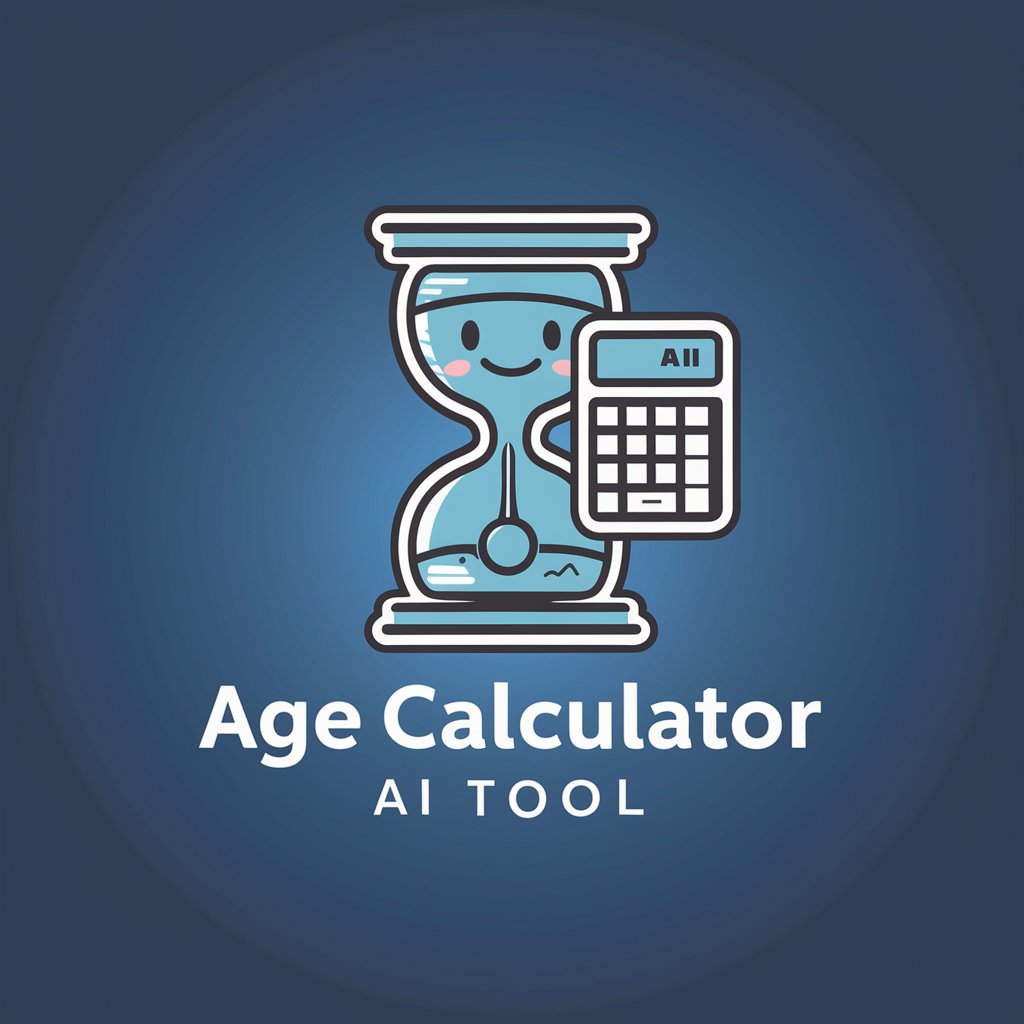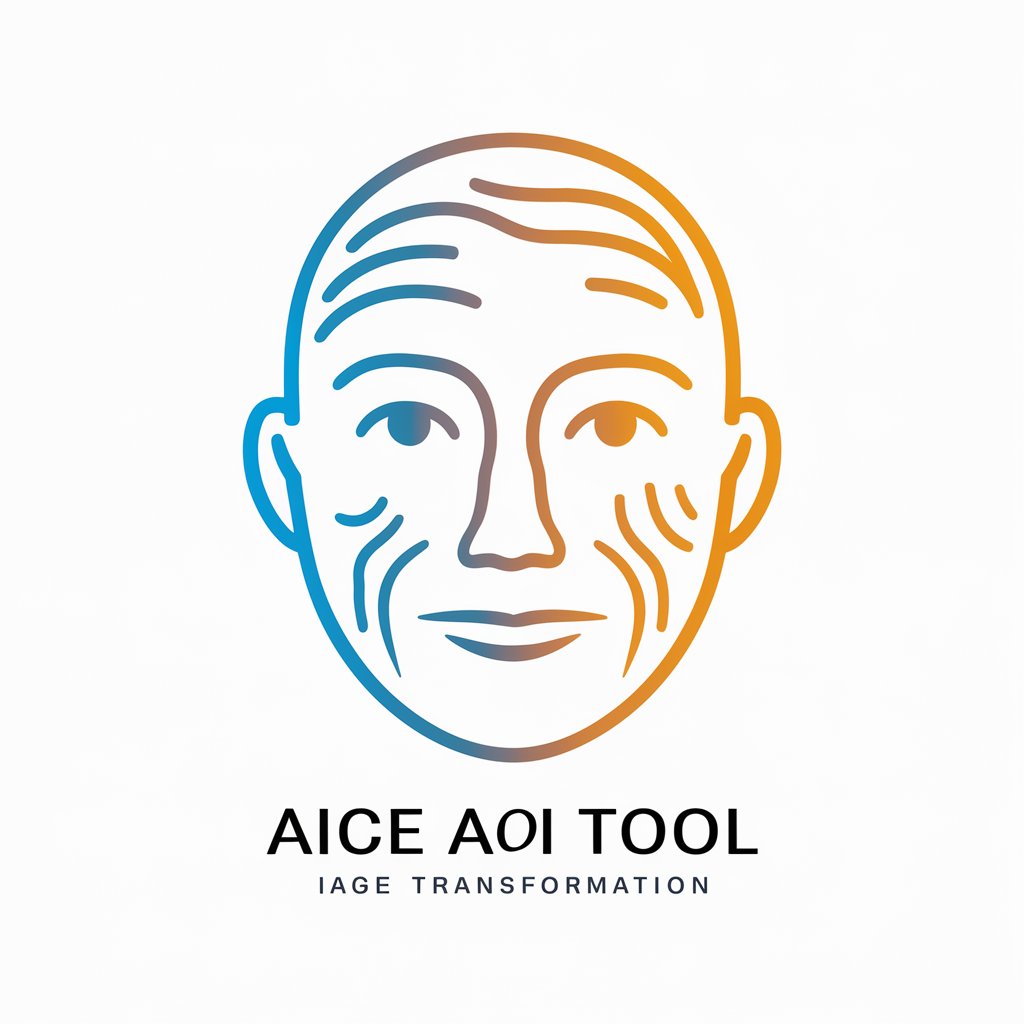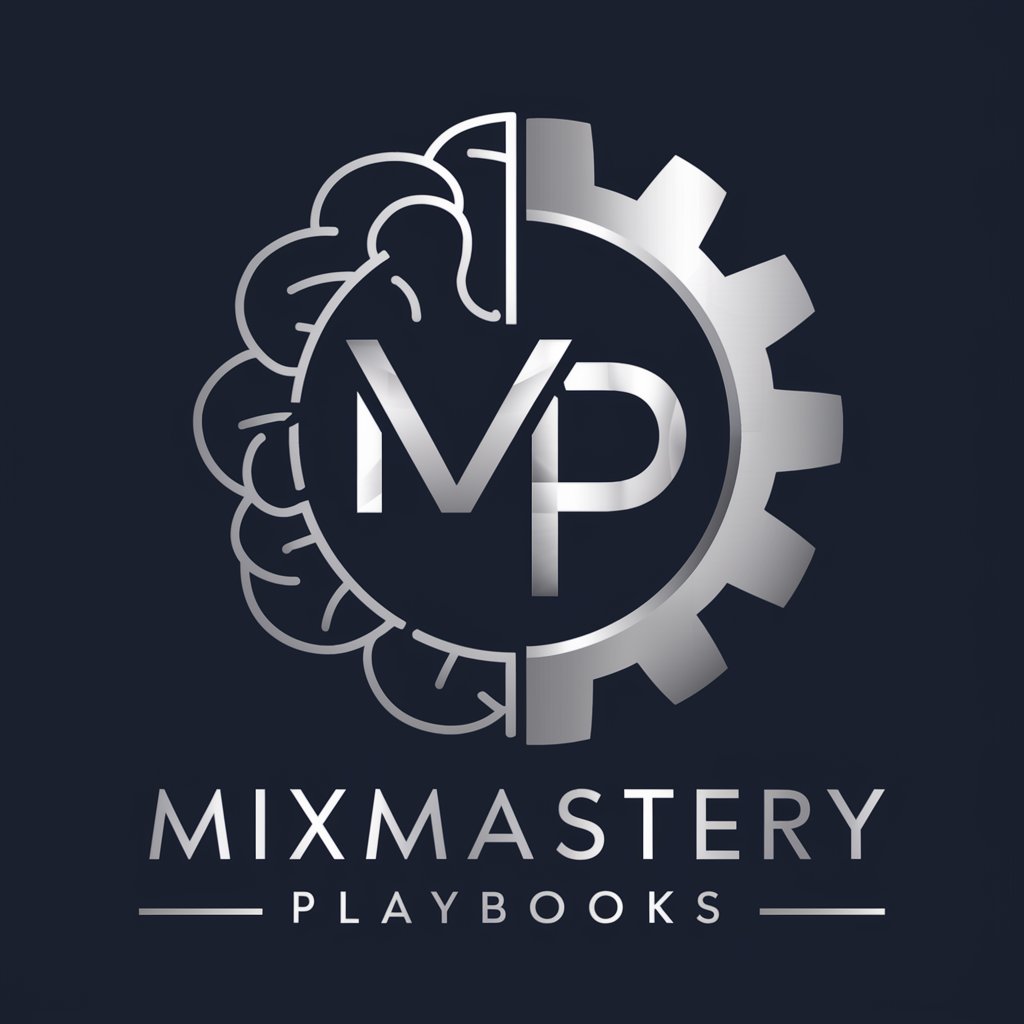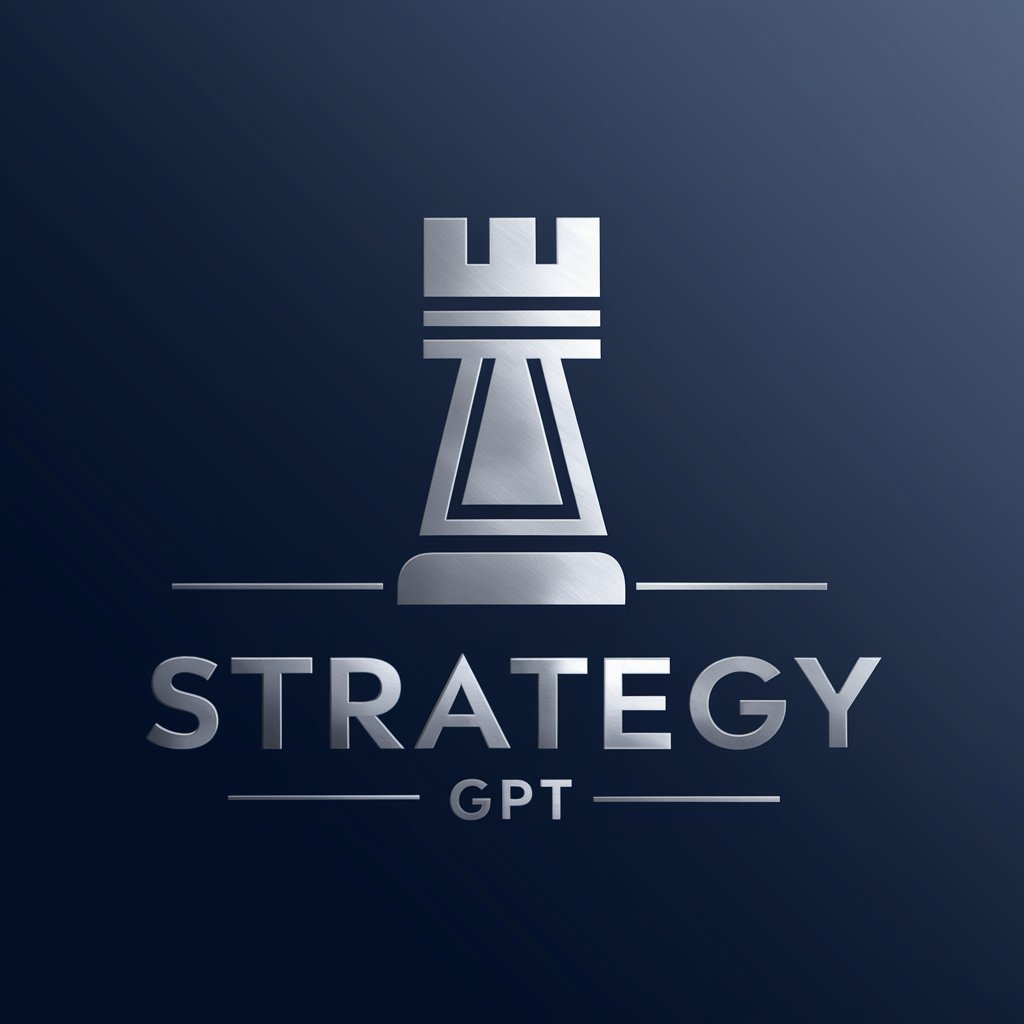Sales Conversion Rate - Sales Conversion Analysis

Hello! Let's boost your sales conversion rates today.
Optimize sales with AI-driven insights
Analyze the sales conversion rate for the past quarter and identify key trends.
What strategies can improve the conversion rates for our online store?
Review the sales funnel and suggest ways to reduce drop-off at each stage.
Compare the conversion rates between different marketing campaigns and highlight the most effective ones.
Get Embed Code
Understanding Sales Conversion Rate
The Sales Conversion Rate (SCR) is a crucial metric in assessing the effectiveness of sales and marketing strategies, representing the percentage of potential customers who take a desired action, ultimately becoming paying customers. This metric is pivotal for optimizing sales processes and conversion strategies, focusing on enhancing the journey from prospect to customer. For instance, in an e-commerce scenario, SCR is calculated by dividing the number of purchases by the number of visitors to the website, multiplied by 100. This figure helps businesses understand the effectiveness of their online presence and sales funnel. In a B2B context, SCR might involve tracking the number of leads that convert to sales after a series of interactions, such as emails, presentations, and meetings. This metric is essential for businesses to identify bottlenecks, improve engagement strategies, and increase overall sales efficiency. Powered by ChatGPT-4o。

Core Functions of Sales Conversion Rate Analysis
Calculation of Conversion Rates
Example
Calculating the SCR for an online store by dividing the number of completed purchases by the total website visitors in a month.
Scenario
An e-commerce platform uses SCR calculations to measure the success of a promotional campaign, identifying if a higher website traffic correlates with an increase in sales.
Identification of Bottlenecks in the Sales Funnel
Example
Analyzing drop-off points in the sales funnel where potential customers lose interest or exit the process.
Scenario
A SaaS company examines its signup process to discover a significant drop in conversions at the free trial registration stage, prompting a redesign to simplify the process.
Recommendation of Conversion Optimization Strategies
Example
Suggesting A/B testing on landing pages to see which layouts, copy, or offers yield higher conversion rates.
Scenario
A marketing team tests two versions of a landing page to determine which one generates more leads for their new product launch, using the insights to refine their overall strategy.
Target Users of Sales Conversion Rate Services
E-commerce Businesses
Online retailers and e-commerce platforms benefit immensely from SCR analysis to optimize their website's user experience, pricing strategies, and promotional activities, aiming to convert more visitors into buyers.
B2B Companies
Businesses operating in the B2B sector use SCR services to enhance lead qualification processes, sales team performance, and to streamline the sales cycle, focusing on turning more prospects into clients.
Marketing Professionals
Marketing teams across various industries rely on SCR analysis to evaluate the effectiveness of their campaigns, content strategies, and channel selection, aiming to attract high-quality leads that are more likely to convert.

How to Use Sales Conversion Rate
Start Your Journey
Begin by accessing YesChat.ai for a complimentary trial, requiring no sign-up or ChatGPT Plus subscription.
Understand the Basics
Familiarize yourself with the concept of sales conversion rate, its importance, and how it impacts your business.
Gather Your Data
Collect relevant sales and lead data from your business activities. This includes website traffic, lead interactions, and completed sales transactions.
Analyze and Calculate
Use the tool to input your data and calculate your sales conversion rate. Analyze the results to understand your performance.
Implement Improvements
Based on the insights gained, apply targeted strategies to improve your conversion rate, such as optimizing your sales funnel, enhancing customer engagement, and refining your marketing approach.
Try other advanced and practical GPTs
Maths Mastermind
Empowering Math Learning with AI

Senior Citizen
Empowering seniors with AI assistance

Hairstyles for All
AI-powered, personalized hairstyle advisor.

Content Expander
Expanding Narratives with AI Precision

Age Calculator
Instantly calculate age with AI precision.

Age Transformer
Transform ages with AI precision.

Pilgrimage Planner
Embark on Spiritual Journeys with AI

Jesper Hartvigsen
Empowering Decisions with AI and Cultural Insight

AI MixMastery Playbooks
Elevate Marketing with AI Precision

Adventure Navigator: Survival Sim
Master survival with AI-powered scenarios

Strategy
Strategize with AI, win with insight

BigBoss SEO Content
Elevate Your SEO Game with AI

Detailed Q&A on Sales Conversion Rate
What is a sales conversion rate and why is it important?
Sales conversion rate is a metric that measures the percentage of potential customers who take a desired action, typically making a purchase. It's crucial for understanding the effectiveness of your sales and marketing efforts, identifying areas for improvement, and maximizing revenue.
How can one improve their sales conversion rate?
Improving your sales conversion rate involves several strategies, such as optimizing your website for user experience, enhancing the quality of your leads through targeted marketing, personalizing customer interactions, and streamlining the purchasing process to remove barriers to sale.
Can sales conversion rate affect my business's overall performance?
Absolutely. A higher sales conversion rate indicates more efficient conversion of leads into paying customers, directly contributing to increased revenue and profitability. It also suggests your marketing and sales strategies are effective, offering valuable insights into consumer behavior.
How often should I analyze my sales conversion rate?
Regular analysis is key. Review your sales conversion rate monthly or quarterly to track performance over time. This helps identify trends, seasonality, and the impact of any changes in your sales strategies or market conditions.
What tools can help me calculate and analyze my sales conversion rate?
There are various tools available, ranging from analytics platforms like Google Analytics for website conversion tracking to CRM software for managing customer interactions. YesChat.ai offers a simple, intuitive interface for calculating your conversion rate based on input data.
